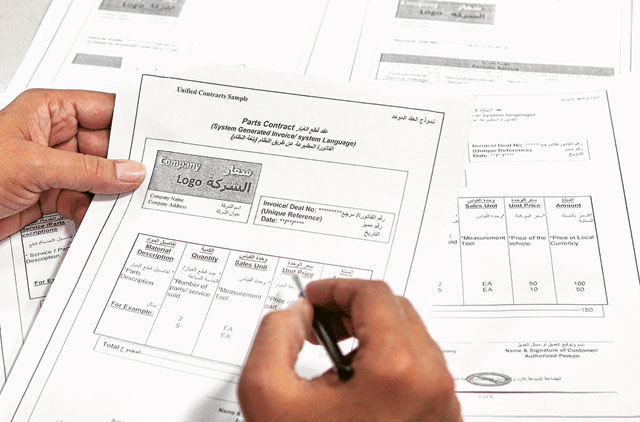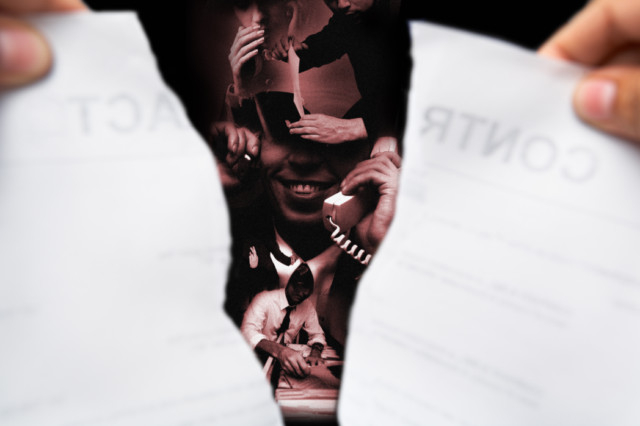I have worked in a company for more than four years on an unlimited contract. Last year, I signed a two-year limited contract with the company. I now want to resign as I have another job offer. Am I obliged to serve a one-month notice period, or can I leave immediately? Do I need a no-objection certificate to transfer my sponsorship to the new company?
Terminating a limited-period employment contract is against the labour law and the employer can request the Ministry of Labour to impose a one-year ban on the questioner. The questioner might also have to pay the employer an amount equivalent to one-and-a-half month’s salary if it is proved that the employer had been affected by the termination of the contract. The questioner may also lose his end-of-service gratuity. Finally, the questioner is not obliged to notify the employer as a limited-period contract does not require a one-month notice period.
Bounced cheque
I have a cheque of Dh100,000 towards a loan I gave three months ago. However, the bank returned the cheque due to insufficient funds. I contacted the cheque issuer, who paid me just Dh20,000. When I told him that I would file a police complaint, he said I cannot do so because it is written on the back of the cheque that I have received Dh20,000 of the cheque amount; therefore the disputes a civil, not a police case. Secondly, he said that since I was the one who filled in all the details such as the date and amount of the cheque, the cheque issuer has only signed the cheque this is another problem as mentioned by the cheque owner, does this mean that I cannot present the cheque to the police as per the law? Please advise me.
I would like to clarify to the questioner that as per the UAE law, he has the right to present the cheque to the police and file a case in this regard; he should inform the police that he has received Dh20,000 of the cheque amount. As for the information written by the questioner in the cheque, this does not prevent him from presenting the cheque and filing a case at the police station. By doing this, the questioner is not considered against the law as per the Dubai Supreme Court.
Questions answered by advocate Mohammad Ebrahim Al Shaiba of Al Shaiba Advocates and Legal Consultants.







